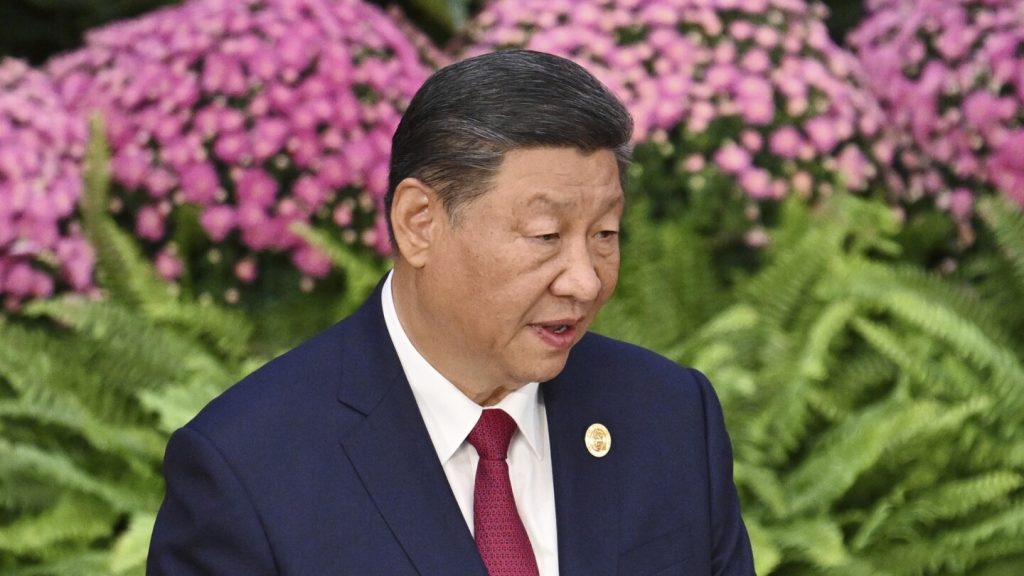In a recent report released by congressional Republicans, concerns were raised regarding partnerships between the U.S. and China in universities, which have allowed Beijing to access critical technology that could be used for military purposes. This collaboration has led to the advancement of China’s technological capabilities and military modernization, funded by U.S. tax dollars. The report highlighted areas such as hypersonic weapons, artificial intelligence, nuclear technology, and semiconductor technology as key areas of concern. The report urged stronger safeguards and enforcement to mitigate national security risks associated with these scientific collaborations.
A yearlong investigation conducted by committees in the U.S. House of Representatives revealed the role of higher education in the economic rivalry with China, specifically in the field of technology. While American universities do not engage in secret research projects, their work has the potential to be converted into military capabilities. In response to this, the House approved a series of China-related bills aimed at competing with Beijing in the tech sector. These bills seek to ban Chinese-made drones, restrict China-linked biotech companies in the U.S. market, and limit Chinese access to advanced U.S. computer chips.
Efforts to curb Beijing’s influence on U.S. college campuses and prevent intellectual property theft have raised concerns about racial profiling and the impact on exchange programs that foster tolerance between the two countries. Collaboration between U.S.-based scholars and China declined following the end of the Trump administration’s anti-spying program in 2022. Deputy Secretary of State Kurt Campbell expressed a desire for more Chinese students to study humanities and social sciences in American schools, raising concerns about decreased person-to-person engagement and its impact on U.S.-China relations.
The report identified over 8,800 publications involving U.S. researchers funded by the Department of Defense or U.S. intelligence working with Chinese researchers linked to China’s defense industry. This collaboration was deemed as providing “back-door access” to critical U.S. technologies for China. The investigation also flagged problematic joint institutes between U.S. and Chinese universities, which were accused of transferring technologies and expertise to China. The report highlighted the need for greater oversight and control over these collaborations to prevent further technology transfer.
Some universities named in the report, such as the Georgia Institute of Technology and the University of California, Berkeley, defended their work with Chinese institutions, emphasizing their commitment to education rather than research. However, Georgia Tech later decided to discontinue its participation in joint institutes with Chinese universities, citing concerns raised by the U.S. Commerce Department. Berkeley also announced plans to unwind its partnership with Tsinghua University in Shenzhen, acknowledging the importance of research security. The University of Pittsburgh, named in the report for its cooperation with Sichuan University, refrained from commenting on the investigation.
Overall, the congressional report sheds light on the complex challenges posed by collaborations between U.S. and Chinese universities in the realm of technology and national security. As efforts intensify to address the risks associated with such partnerships, universities are facing increased scrutiny and pressure to enhance safeguards against potential technology transfer to foreign adversaries. The delicate balance between academic exchange, scientific engagement, and national security concerns continues to be a topic of debate as tensions between the U.S. and China persist in the technological arena.


